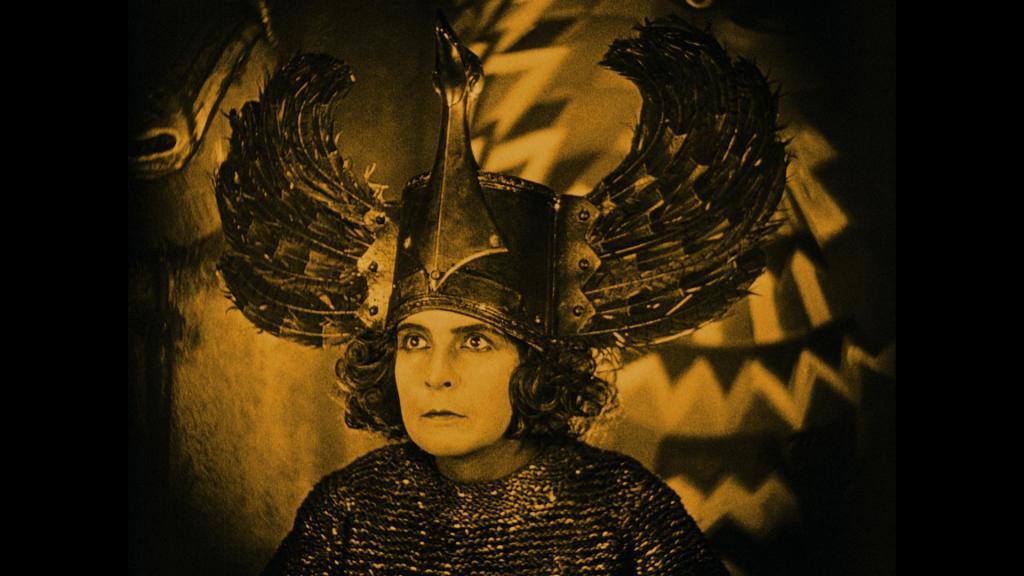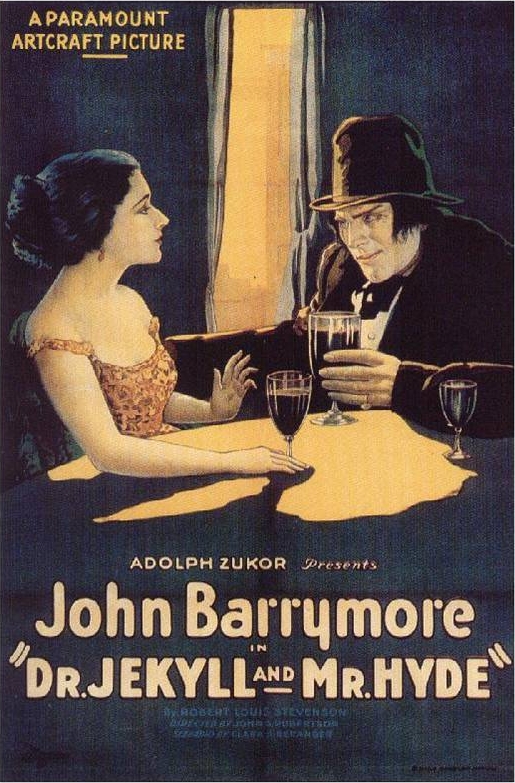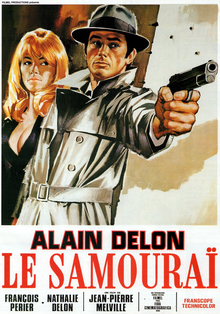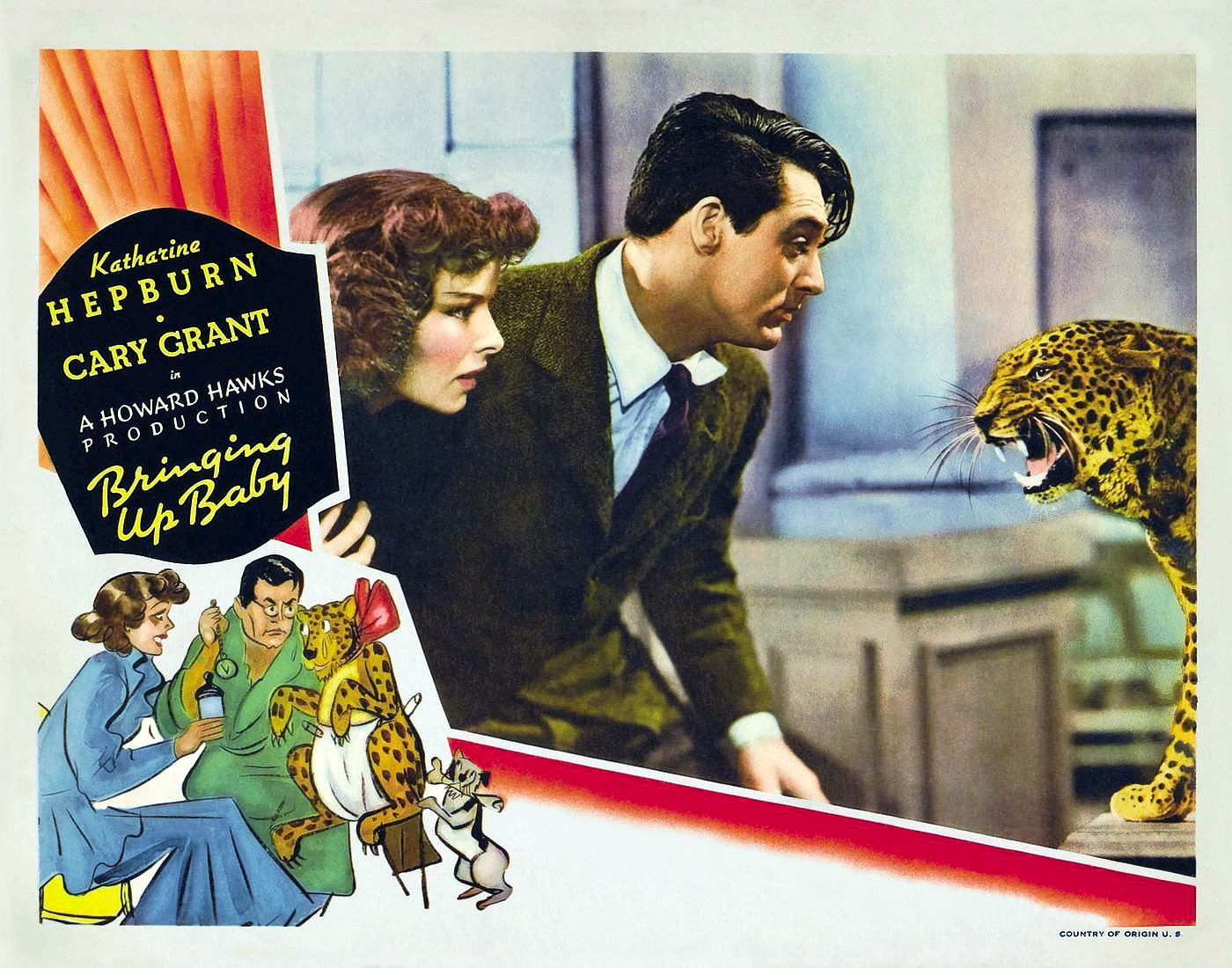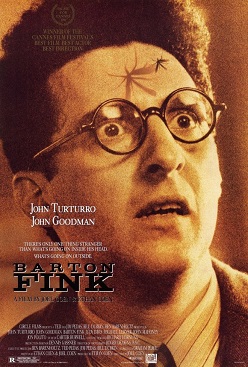 |
| Emmanuelle Riva in Amour |
Anne: Emmanuelle Riva
Eva: Isabelle Huppert
Alexandre: Alexandre Tharaud
Geoff: William Shimell
Concierge: Rita Blanco
Concierge's Husband: Ramón Agirre
Director: Michael Haneke
Screenplay: Michael Haneke
Cinematography: Darius Khondji
As someone who knows what it's like to care for a disabled spouse, I commend writer-director Michael Haneke for getting so much right in Amour. Not that accuracy is of the essence in the film: Amour is not a documentary, it's a fiction, and as such needs a shape that lies beyond the depiction of the mundane pains and frustrations of the characters. And that way lie the pitfalls of sentimentality and melodrama, which Haneke mostly avoids, thanks in very large part to the brilliance of his actors, Jean-Louis Trintignant, Emmanuelle Riva, and Isabelle Huppert. Are there American actors, or even British ones, who could have performed these roles with commensurate skill, drawn from the depths of experience? Trintignant and Riva are Georges and Anne, retired piano teachers whom we first see at the triumphant performance by one of her former pupils, Alexandre (the real pianist Alexandre Tharaud). Shortly afterward, Anne suffers a mild stroke and submits to surgery to eliminate an arterial blockage, but the surgery leaves her paralyzed on the right side. Georges is able to cope with his caregiving duties, though Anne is increasingly distressed by her disability and by the burden it places on her husband. At one point she tells him that she wants to die. Another stroke then leaves her mostly speechless and virtually helpless, forcing Georges to hire part-time nursing help. Their daughter, Eva (Huppert), has her own life to live, and urges Georges to put Anne in institutional care, which he resists because of Anne's previously expressed wish to die in their home, not in a hospital. Unfortunately, despite inspired performances and mostly sensitive direction, the climax and the conclusion of Amour ring a little false, perhaps because the fictional construct demands a somewhat artificial closure to a film that has felt genuine up to that point. Amour received Oscar nominations for best picture, for Riva's performance, and for Haneke's direction and screenplay, and it won the best foreign-language film award.
.jpg)
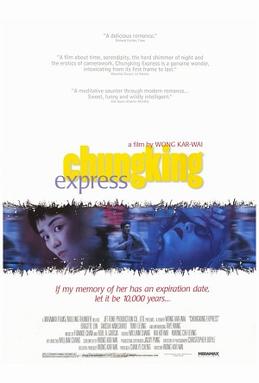


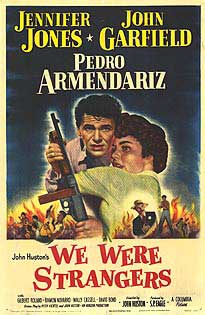
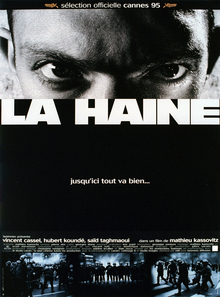


.jpg)




